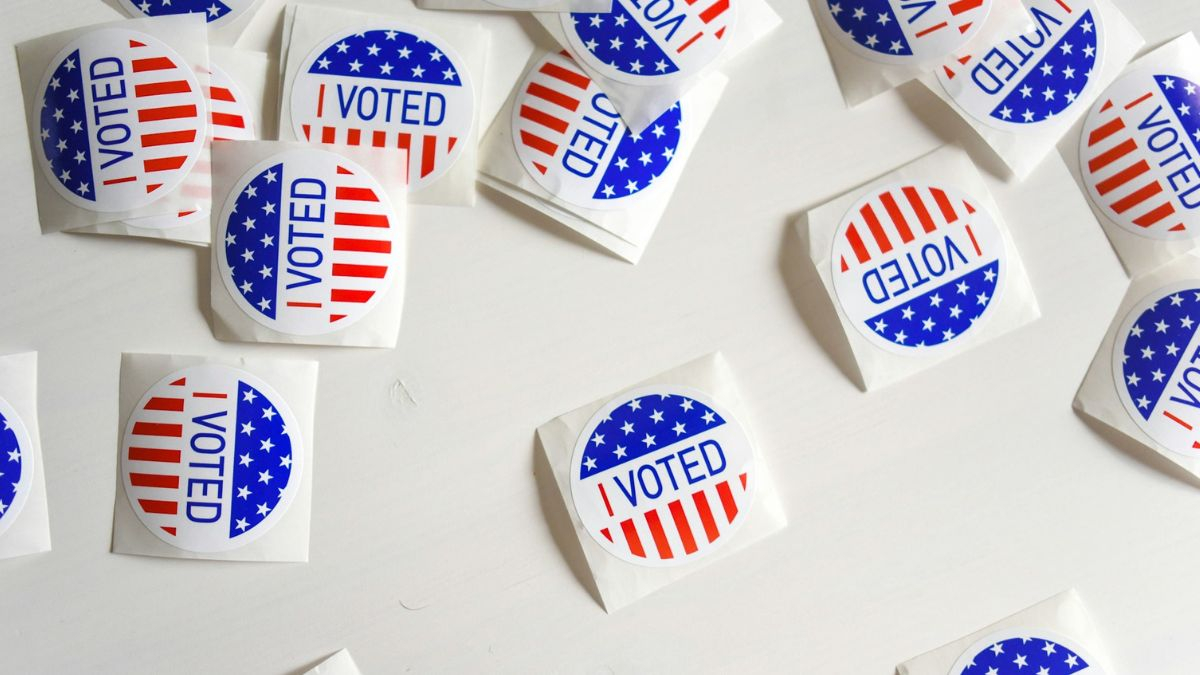In the United States, Election Day holds a place of paramount importance in the democratic process. It is the day when citizens exercise their right to vote, shaping the future of the nation. But why is it specifically scheduled for the first Tuesday after the first Monday in November? This timing is not arbitrary; it is rooted in historical, practical, and cultural considerations.
Historical context
The tradition of weekday voting began in 1845 when Congress passed a federal law designating this particular timing for Election Day. Prior to this, states had the flexibility to hold elections anytime within a 34-day period leading up to the first Wednesday in December. This lack of uniformity presented challenges, as early voting results could influence voter turnout and opinions in states that voted later, potentially affecting the overall election outcome.
Agrarian considerations
In the 19th century, America was predominantly an agrarian society. The majority of citizens were farmers, and the election timing needed to accommodate their schedules. November was chosen because it followed the harvest season, avoiding interference with the crucial planting and harvesting times of spring and early summer. Moreover, the weather in November was typically mild enough to allow travel to polling places as most farmers lived far from their polling units.
Choosing Tuesday
The choice of Tuesday was a matter of practicality. Weekends were unsuitable as Sunday was a day of worship and rest, and Wednesday was market day, a time when farmers sold their produce.
Additionally, travel time to polling stations had to be considered. Since it was common for voters to require a day to travel, holding elections on Monday or Thursday was impractical, as it would necessitate travel on Sunday or Wednesday. Thus, Tuesday emerged as the most convenient day.
Avoiding November 1st
Another factor in the decision was the avoidance of November 1st. This date was unsuitable for two reasons: it is All Saints’ Day, a significant day in the Christian calendar, and it was also a day when merchants traditionally settled their accounts for the previous month. By ensuring Election Day could not fall on this date, potential conflicts were avoided.
Modern-Day relevance
While the reasons for choosing the first Tuesday after the first Monday in November were valid in the 19th century, the relevance of this timing in today’s context is often questioned. Less than 2% of the American workforce is engaged in agriculture now, and many people work on Tuesdays.
This has led to proposals for moving Election Day to the weekend or making it a federal holiday to increase voter turnout. Although these changes have not been implemented, the expansion of early and mail-in voting has somewhat mitigated the inconvenience of a Tuesday election as voter turnout during elections has been on the decline for years.
Conclusion
The timing of Election Day in the U.S. is a reflection of the country’s historical context and the practical needs of its citizens in the 19th century. While modern society has evolved, the tradition persists, serving as a reminder of America’s agrarian past and the ongoing efforts to adapt the democratic process to the needs of its people.
As society continues to change, the discussion about the most suitable day for national elections remains a relevant and important one.

